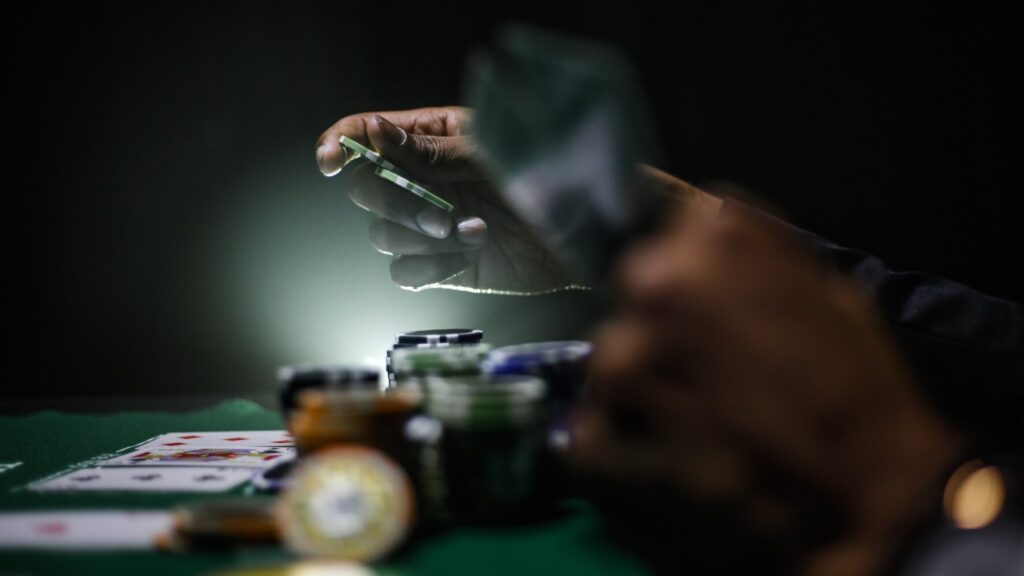Can you sharpen your skills at poker? I doubt it. But, can you improve your poker play, no matter how badly you’re doing? I think you can, with the right tools and goals.
I’m talking about the kinds of goals that make you a better poker player. The kind of goals that you see Davidiors and Stewart Reints setting forth on their blogs. The kind of goals that you read about with great detail in books by the likes of authors like Dad Hilton. And, I’m certainly not talking about luck, here.
I’m talking about the sort of goals that can be generic, deposit 20 bonus 30 or can be geared to fit your specific learning and personality goals. Here are a few of the kinds of poker goals you might make for yourself, if you want to be a better player. Consider them, and wonder if they fit your needs.

The mostly popular goals around, for beginners and novices alike, are
The first goal of the beginners is to learn all the stuff. This goes by loose and tight. The stuff being loose being the cards you play, cards you don’t really know too much about, cards marked, unraised pots, and the like; whereas tight may be marked as no-trumps, aces up, or other specific powerful hands.
The next goal is to get better at playing the cards you do play, using the method that works for you. This may mean that you have to stop guessing, and start learning specific skills such as isolating a c-bet, or targeting a blind- steal, rather than guessing at a flop.
The third goal for beginners is of course, to get better at poker than the people that you are playing against. This may mean that you have to get ahead of the learning curve, and start guessing (and sometimes even just getting lucky), before others can call you out on it.
The fourth goal for beginners, as it should be realized by the player starting out, is to travel a little farther down the road of learning how to win poker with position and playing luck than just guessing, to get the most out of your poker experiences. Learning curve theory, for example, is a great solution to the problem of getting beat by a better hand, one that you were not sure how to play but that you know you can beat.
The fifth goal is to try to learn as much as possible from other players that have been playing for a lot longer than you have. The more you read and heard about poker, the more you should eventually get, at least on a fundamental level, the feel of the games. If you are lucky enough, you will also hear the bad habits of players, the mistakes that they make, the ones that they never want to repeat. If you can combine these five goals into a strong and stable mindset, you will eventually become a force to be reckoned with on any poker table.